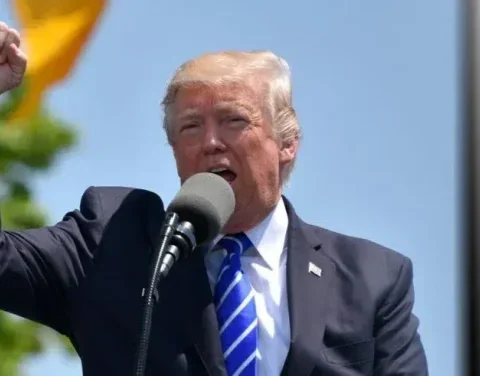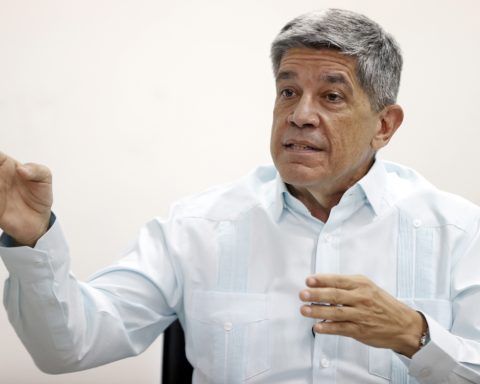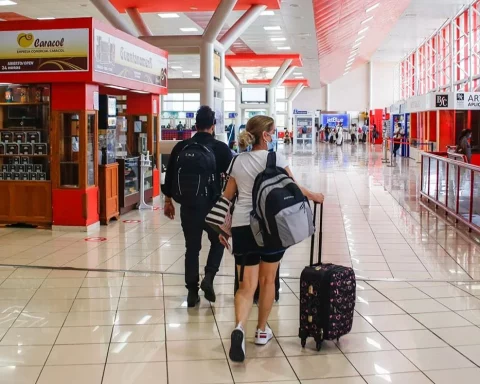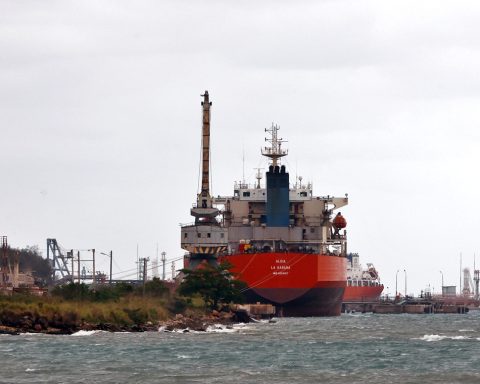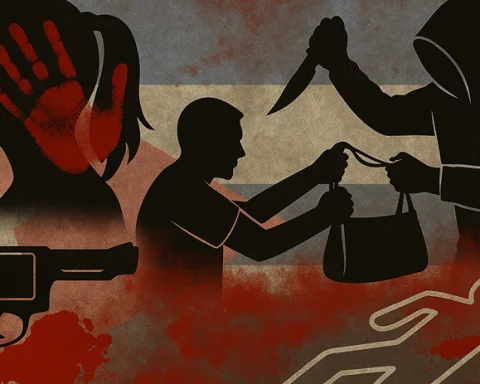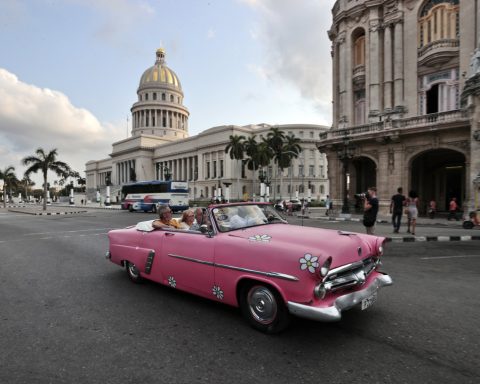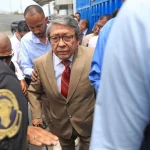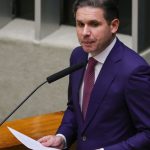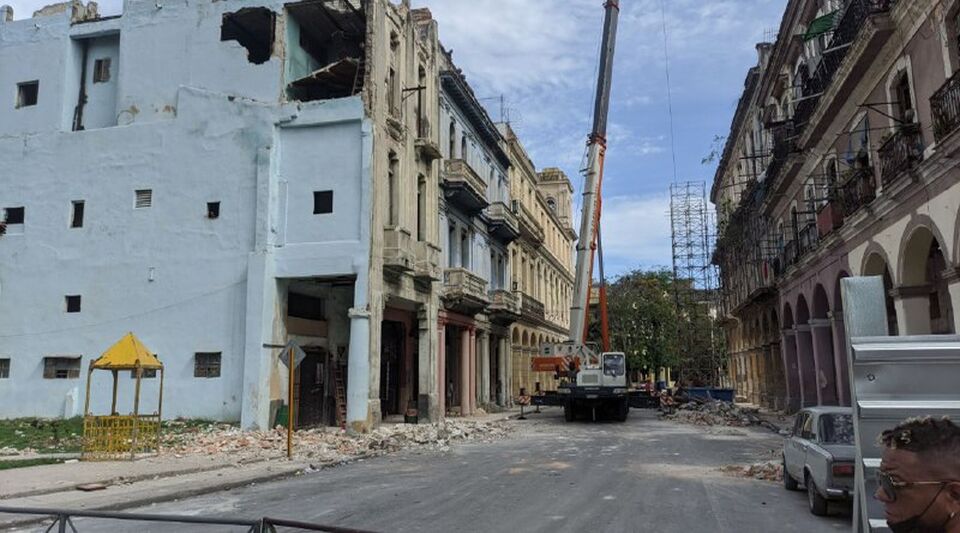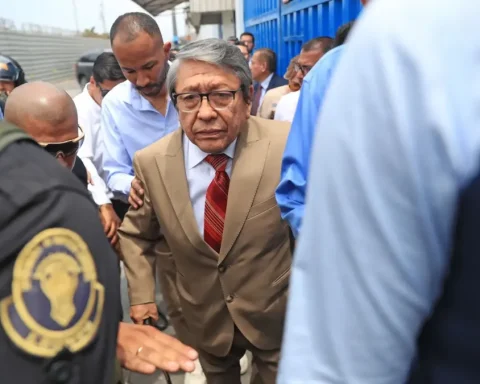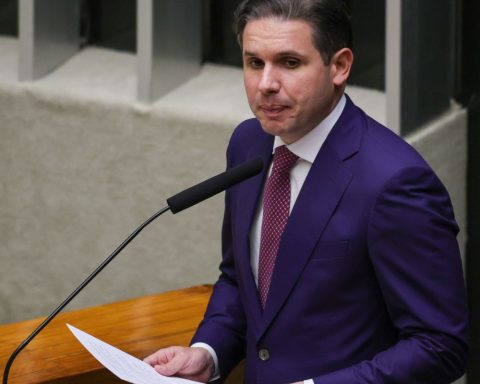MADRID, Spain.- The Inter-American Press Association (IAPA) begins this week in Washington DC a program of interviews with US legislators and officials to analyze the behavior of press freedom and the sustainability of the media in Latin America, fundamentally in Cuba, Nicaragua, Mexico and Venezuela.
The event, which will last until May 26, “will address cases of persecution, repression and violence in Nicaragua, Mexico, Cuba and Venezuela,” the IAPA specified through a release posted on its official page.
The IAPA seeks to know the position, commitment and initiatives in this regard of the senators and representatives of the US Congress who will be present.
The program includes a meeting with the Group of Friends of Freedom of Expression and Journalism of the Organization of American States (OAS), a meeting with the OAS Secretary General, Luis Almagro, and the Special Rapporteur for Freedom of Expression of the Inter-American Commission on Human Rights, Pedro Vaca; as well as a panel organized by the Inter-American Dialogue (IAD) research center on the sustainability of the journalistic industry and information deserts.
In addition to senators and congressmen, the president of the IAPA, Jorge Canahuati; Carlos Jornet, president of the Commission on Freedom of the Press and Information, journalistic director of The voice of the interior, Argentina; Martín Etchevers, president of the Legal Affairs Commission, manager of External Relations of Grupo Clarín, Argentina; Andrea Miranda, member of the Board of Directors, general editor of Grupo Debate Media, Mexico; Sebastián Pastor, vice president of the Commission on Freedom of the Press and Information for Honduras, executive director of Televicentro, Honduras and Ricardo Trotti, executive director of the IAPA.
Recent IAPA complaints
During its mid-year meeting, held from April 19 to 21, 2022, the IAPA concluded that the growing violence against journalists is the main challenge for a free press in Latin America.
In Cuba, Nicaragua and Venezuela, journalists and the media are with unusual frequency victims of the persecution and repression of totalitarian governments, the organization stated.
Regarding Cuba, he pointed: “The epidemic that most affects the country is repression, which rebounded in the last semester with severe sentences for citizens who participated in the protests of July 11, 2021.”
In his report he reflected that in recent months most of the people related to the work of the independent press, and hundreds of Cubans who have posted critical content against the regime, have suffered police harassment, were summoned for interrogation and received judicial threats.
Receive information from CubaNet on your cell phone through WhatsApp. Send us a message with the word “CUBA” on the phone +1 (786) 316-2072, You can also subscribe to our electronic newsletter by giving click here.

